Apple is reportedly facing pushback as it tries to roll out Apple Pay in Australia, as major banks in the region are reluctant to cede a slice of the AU$2 billion they take in with interchange fees in exchange for technology some say is already available in the country.
Commonwealth Bank of Australia's CEO Ian Narev said Apple will find it difficult to market Apple Pay to Australian banks on innovation alone, because the country's financial institutions have offered touchless payment technology for years, reports The Sydney Morning Herald.
"By most global standards, the capability that the Australian banking sector has generally, and Commonwealth Bank has specifically, to provide for customers is ahead of a lot of the other markets around the world where Apple has done well," Narev said. "There is functionality associated with Apple Pay that we have had in the market for 18 months to two years."
According to Narev, Apple Pay made a splash in the U.S. because tap-to-pay transactions were not previously available. While not completely true — Google Wallet launched as a U.S.-only product in 2011 — Apple's system was one of the first to gain traction in a market where wide acceptance of NFC-based transactions floundered.
Perhaps more of a concern for Australian banks is Apple's cut of interchange fees. Apple is reportedly negotiating for a slice comparable to its U.S. operations, thought to stand at 15 cents per $100. The publication believes major banks are loathe to considering interchange fees in Australia are half that of the U.S. at roughly 50 cents per AU$100 transaction. And the Reserve Bank of Australia is pushing for even lower fees pegged at around 30 cents for AU$100.
Additionally, Apple Pay and its iPhone and Apple Watch interfaces represent an extra layer between banks and their customers at the point of sale. Australian institutions want to leverage this so-called "interface" level as a platform to sell other products, something that would prove difficult if Apple owns the space, the report said.
Finally, the publication argues Apple faces an uphill battle in negotiating from position of weakness, saying Apple Pay adoption is "sagging" in the U.S. just as competing services like Samsung Pay linger on the horizon. A questionable report published earlier this month by PYMENTS.com claimed consumers were losing interest in Apple Pay, though the firm only presented results without adequate background on its data gathering techniques.
In any case, a successful Australian deal looks to be a long time coming. If and when Apple Pay does launch in the region, the final fee structure might be closer to a model established by UK banks, which supposedly negotiated much lower rates compared to Apple's U.S. program.
 Mikey Campbell
Mikey Campbell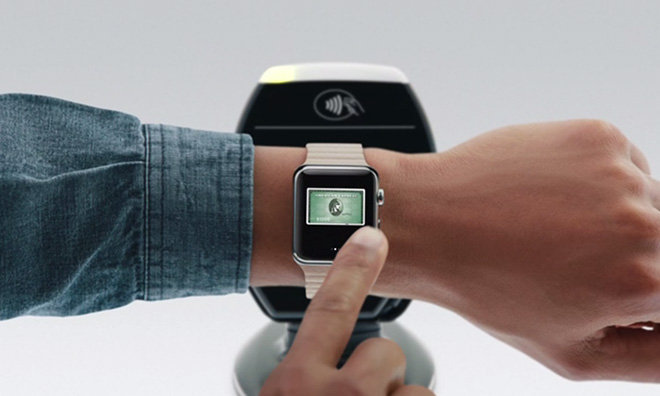




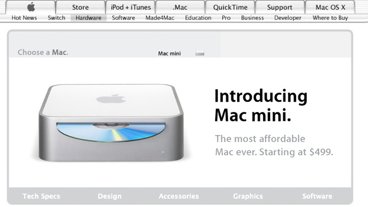
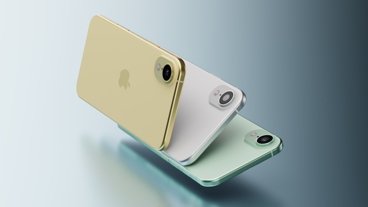
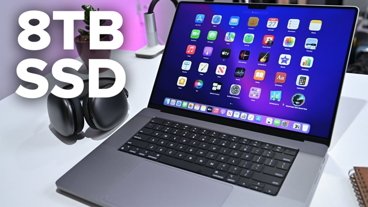
-m.jpg)





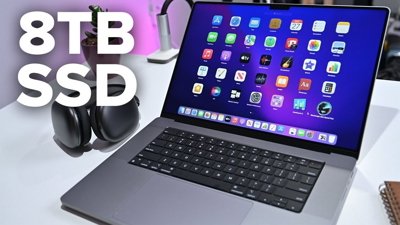
 Christine McKee
Christine McKee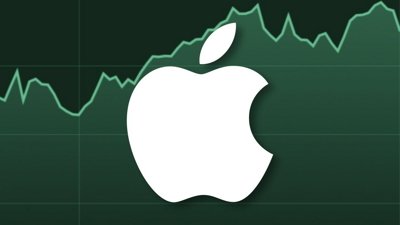
 Marko Zivkovic
Marko Zivkovic
 Wesley Hilliard
Wesley Hilliard
 Malcolm Owen
Malcolm Owen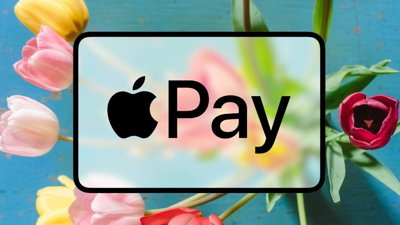


 William Gallagher
William Gallagher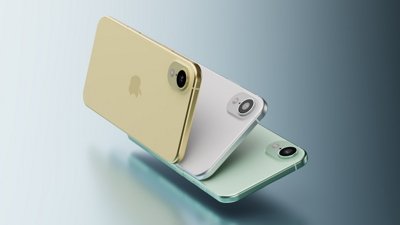
-xl-xl-m.jpg)

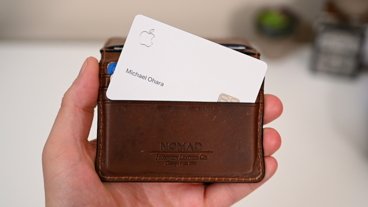







138 Comments
and what of Canada?
Australia is coming off as completely upside-down in these two recent stories. ????
I really want this to work out. I will change banking institutions if I have to.
To add insult to injury Apple Pay already works at most retailers in Australia if you have a US credit card linked to the account.
So much for Australia being Apple's first choice to make Apple Pay a success. :\ [quote name="AppleInsider" url="/t/187742/interchange-fees-hubris-key-challenges-to-australian-apple-pay-rollout#post_2761972"]Perhaps more of a concern for Australian banks is Apple's cut of interchange fees. Apple is reportedly negotiating for a slice comparable to its U.S. operations, thought to stand at 15 cents per $100. The publication believes major banks are loathe to considering interchange fees in Australia are half that of the U.S. at roughly 50 cents per AU$100 transaction. And the Reserve Bank of Australia is pushing for even lower fees pegged at around 30 cents for AU$100.[/quote] This is a bit of a sticky wicket. On the one hand Apple doesn't really need Australia to make Apple Pay work (and the same can be said for Australian banks not needing Apple Pay support anytime soon). And on the other hand getting Australia would be decent win for Apple Pay. While Apple did do a lot to get this foundation built up but with potentially trillions of dollars in revenue through cards each year that Apple 15¢ per $100 that's $7.5 billion per year nearly all in profit from just $500 billion in charges. Then again, there is a lot of fraud protection that will be coming from Apple Pay. Then again [I]again[/I], there is OK fraud prevention with chip and PIN. All in all, I'd say Apple's position is slightly stronger, but not strong enough that they will win with their current revenue request. The following PDF list's Australia's credit card fraud at $624 million for 2014, which is up 4% from the previous year. [LIST][*] http://www.apca.com.au/docs/fraud-statistics/Australian-payments-fraud-details-and-data-2014.pdf [/LIST] They also list that the majority of it comes from card not present which Apple Pay is still listed as (and probably will for a couple more years) but it really needs the culture to see that the card not present is not the same as a verified and virtualized card using a representational number and tokening system. The best way to do that is with a catch term… which I don't have.